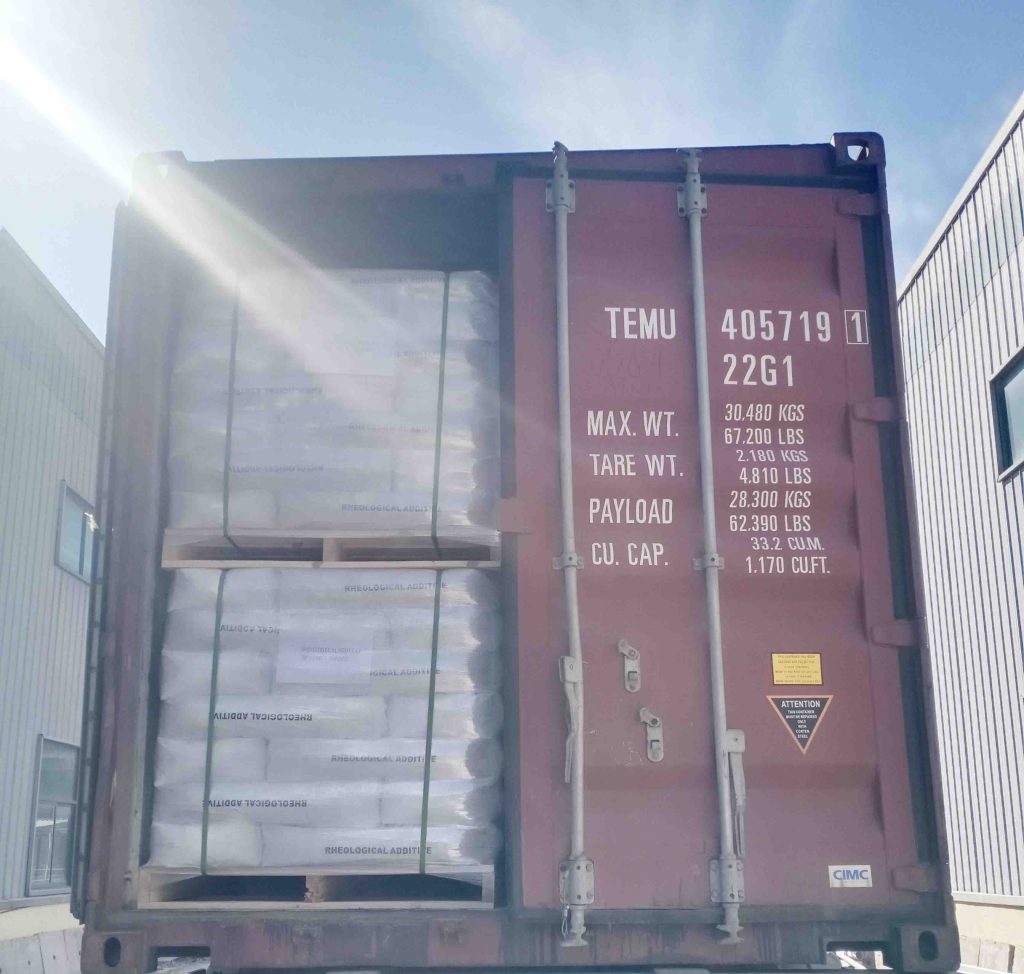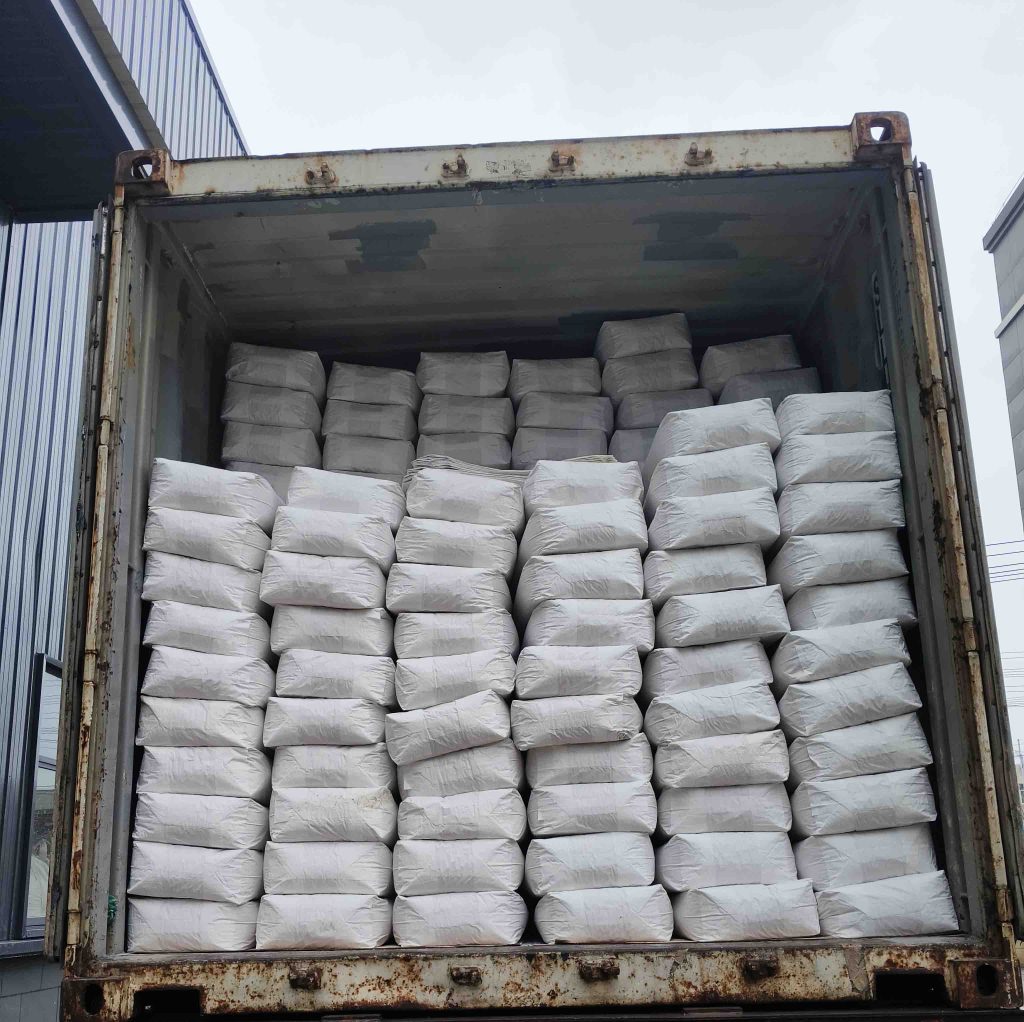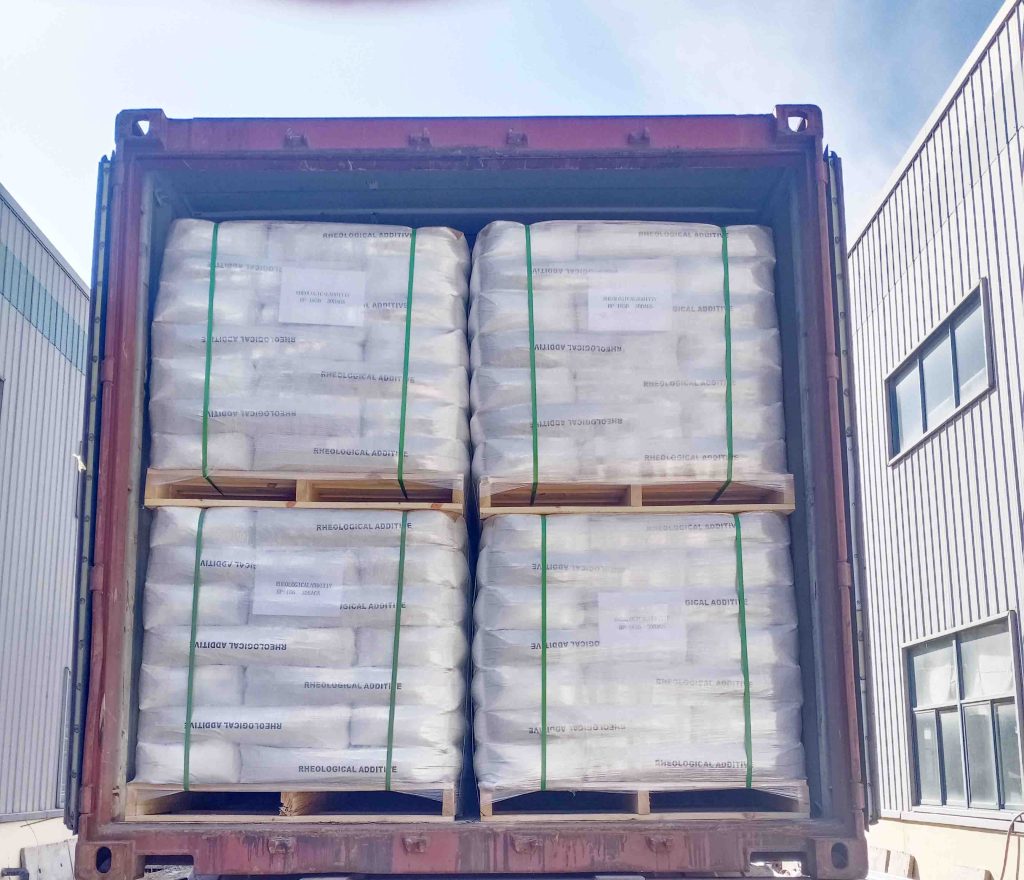Organic bentonite applied to the production of ink, the biggest problem encountered is the problem of thixotropy, then how to solve this thixotropy problem, especially when printing some of the anti-flux hanging control and other problems, organic bentonite gives the best solution.
There are a lot of ink companies also proposed High-speed printing of the rheological response will lead to viscosity recovery speed, and some of the metal filler sedimentation phenomenon, will be conductive unstable, these problems, organic bentonite clay have given the best solution.
In screen printing inks, the viscosity of the best range of 8000 ~ 12,000, which is the most appropriate range, and the thixotropic additive ratio, and the accuracy of the printing of the relationship between the curve is also critical.
The application of organobentonite inks, we will test the various indicators of organobentonite, such as its particle size, the type of modification and activation, of course, his compatibility test is also critical, we will guide you step by step, in general, organobentonite and a lot of different additives between the compatibility is very strong, we also provide you with free samples of our tests, through the experimental testing, to We also provide you with our test samples free of charge, and through experimental testing, we can select the most suitable organic bentonite for use in your inks, which is our most straightforward recommendation.
10,
11, When comparing organic bentonite with fumed silica, the cost advantage of organic bentonite is much more competitive and the anti-settling effect is much better. You can add Organic Bentonite Clay to conductive inks for rheology control and anti-settling to improve the effectiveness and quality of your inks.
We will give the quickest reply within 24 hours after receiving your inquiry and technical consultation.
Ink Organic bentonite clay
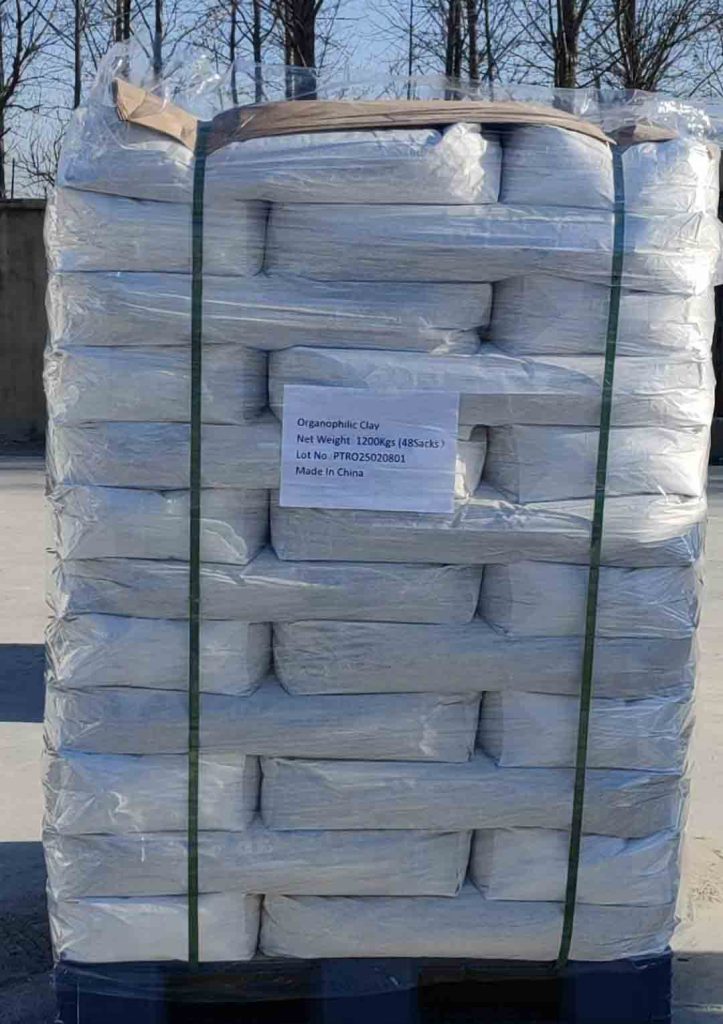
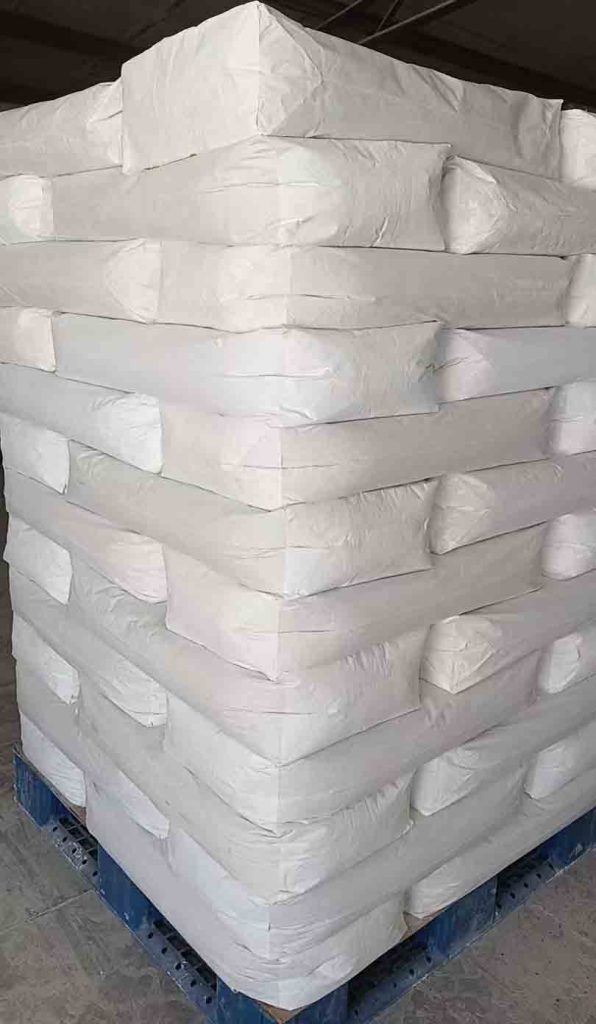
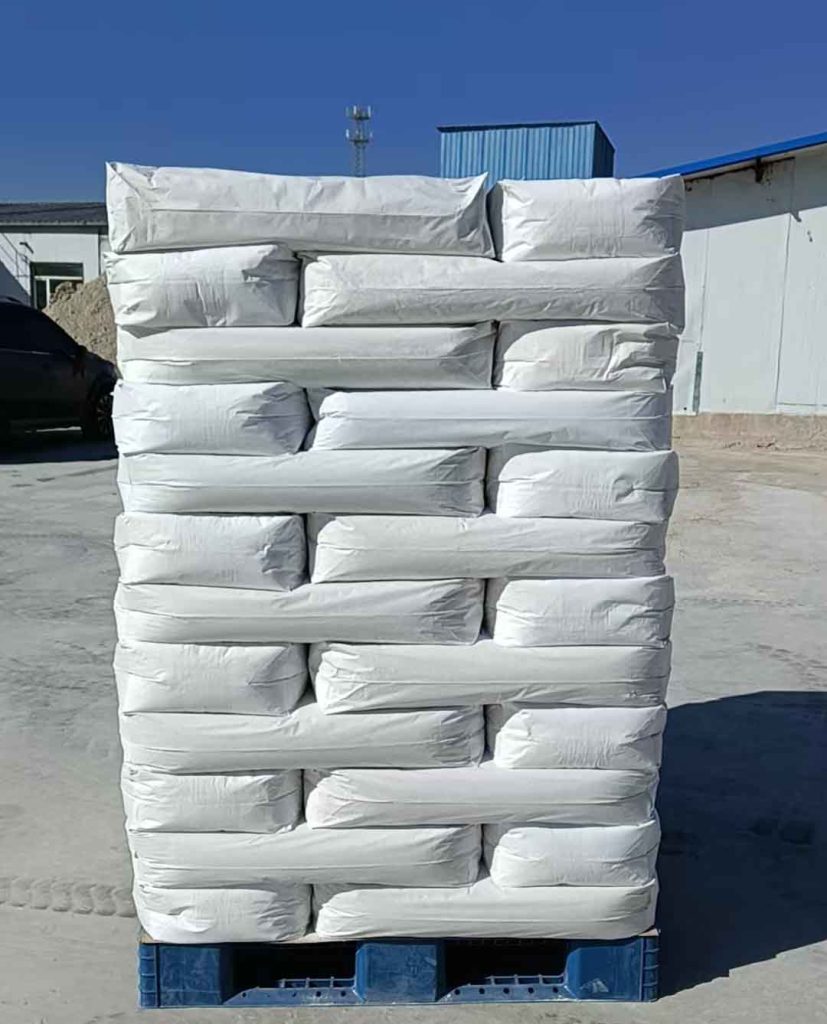
Organoclay Applications
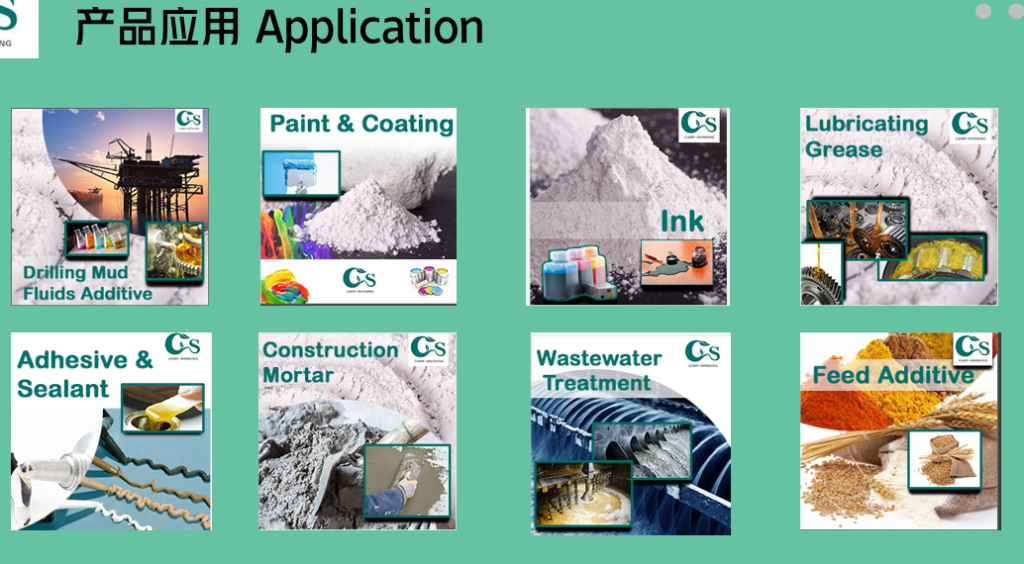
Ink Organic bentonite clay
Organophilic Clay is an easy dispersing, self activating organoclay that exhibits high performance efficiency in diesel, low aromatic mineral oil, modified vegetable oil and synthetic base fluid formulation. CP-150 unique rheological structure suspends weighting materials and other solids with less increase in viscosity and gel strength than conventional bentonite. It is highly effective in distillate and mineral oil based invert fluids.
Organoclay Bentonite is used for Oil drilling Mud,
Paint,coatings, inks, grease and domestic etc.
Base oil:
- Diesel Oils
- Mineral Oils
- Synthetic Oil
- Linear and isomerized Alpha Olefins
- Modified vegetable oil
Viscosifying drilling Fluids:
- All oil based drilling fluids
- Invert emulsion fluids
- Workover fluids
- Fracture fluids
Organoclay Advantages
- Effectively suspends weighting materials and other solids
- Maintains suspension over a wide temperature range
- Eliminates need for chemical activators
- Is easy to disperse and rapid yielding
- Suspends weighting materials and other solids
- Maintains suspension over a wide temperature range
Composition of Organoclay
Organically modified bentonite clay
Appearance Off white to tan finely divided powder,
Moisture content (105℃,2hr) ≤3.5%
Specific Gravity 1.7
Bulk density 0.40~0.60g/cm³
Organobentonite Packages
Kraft paper bag with PE liner or multi-wall paper sacks or customized. 25kg/bag or 22.68kg/bag or customized.
Organophilic clay Store in a dry, well-ventilated area with temperature of 0℃-30℃. Keep container closed. The quality guarantee period is 24 months.
